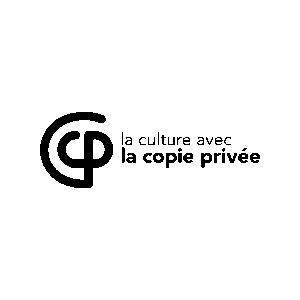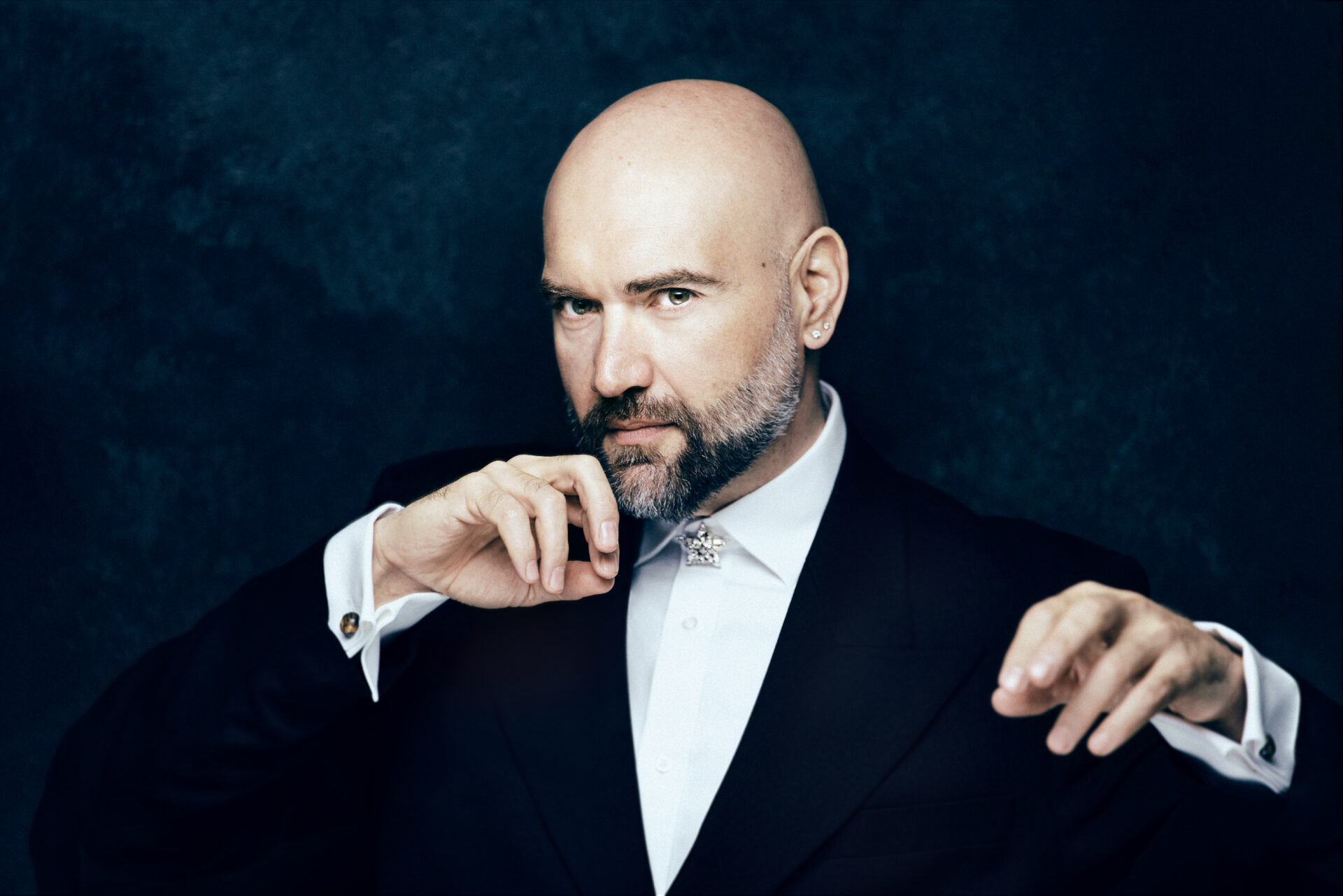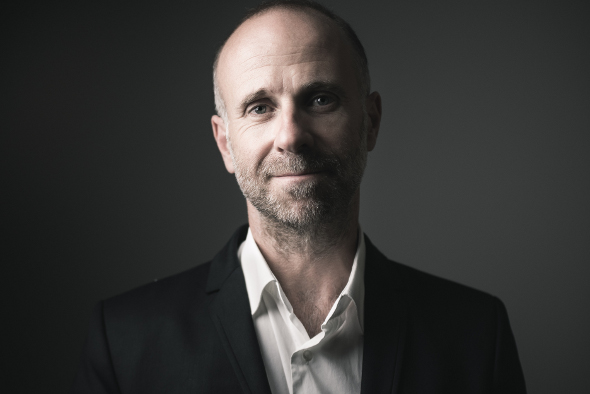Furioso
Fury, Madness, and Virtuosity of a Baroque Hero
"The myth of Orlando furioso, conceived by Ludovico Ariosto in the 16th century, is one of the most fertile sources for the dramatic and musical imagination. Balancing chivalric heroism, amorous torment and psychological vertigo, it explores the limits of passion and the fractures of the human soul, offering Baroque composers an ideal terrain on which to express the tension between reason and madness, order and chaos.
In this theatrical programme, I propose a journey through the many faces of Orlando, drawn from operatic excerpts by Vivaldi, Handel, Steffani, Fux and Porpora. Each of these composers, in his own way, exploits the expressive resources of voice and orchestra to heighten the drama of the narrative. Recitatives, arias and instrumental movements become mirrors of Orlando’s inner world: intimate wounds, psychological fragility, fury and heroic outbursts. Harmonic modulations, virtuosic vocal writing and rich orchestral textures give voice to these extreme states and project the listener into the heart of an epic that is both heroic and profoundly human.
The dramatic potential of these pages lies in the ability of these extraordinary and little-known works (with the exception of Handel’s opera) to give shape to the invisible: the rise of anger, the awakening of desire, psychological vulnerability, fury and moments of heroic brilliance. Harmonic shifts, virtuosic ornamentation and instrumental dialogue become narrative forces in their own right, capable of immersing the audience in Orlando’s epic journey, at once monumental and deeply human.
For this singular project, I chose to collaborate with the countertenor Xavier Sabata, an exceptional soloist and charismatic performer, for an intensely dramatic and embodied reinterpretation. Together with the Concert de l’Hostel Dieu, a long-standing artistic partner, we will explore the expressive contrasts of this narrative polyphony, bringing to light the expressive power of these rare works and their theatrical potency, where every harmony and every rhythm becomes a catalyst for emotion.
Combining recording and live performance, this project creates a dialogue between literature and music, allowing the myth of Orlando to emerge in all its dramatic intensity. It invites each listener to plunge into the tumult of his passions and to be carried away by the timeless power of Baroque art.
By Franck-Emmanuel Comte
PICTURES
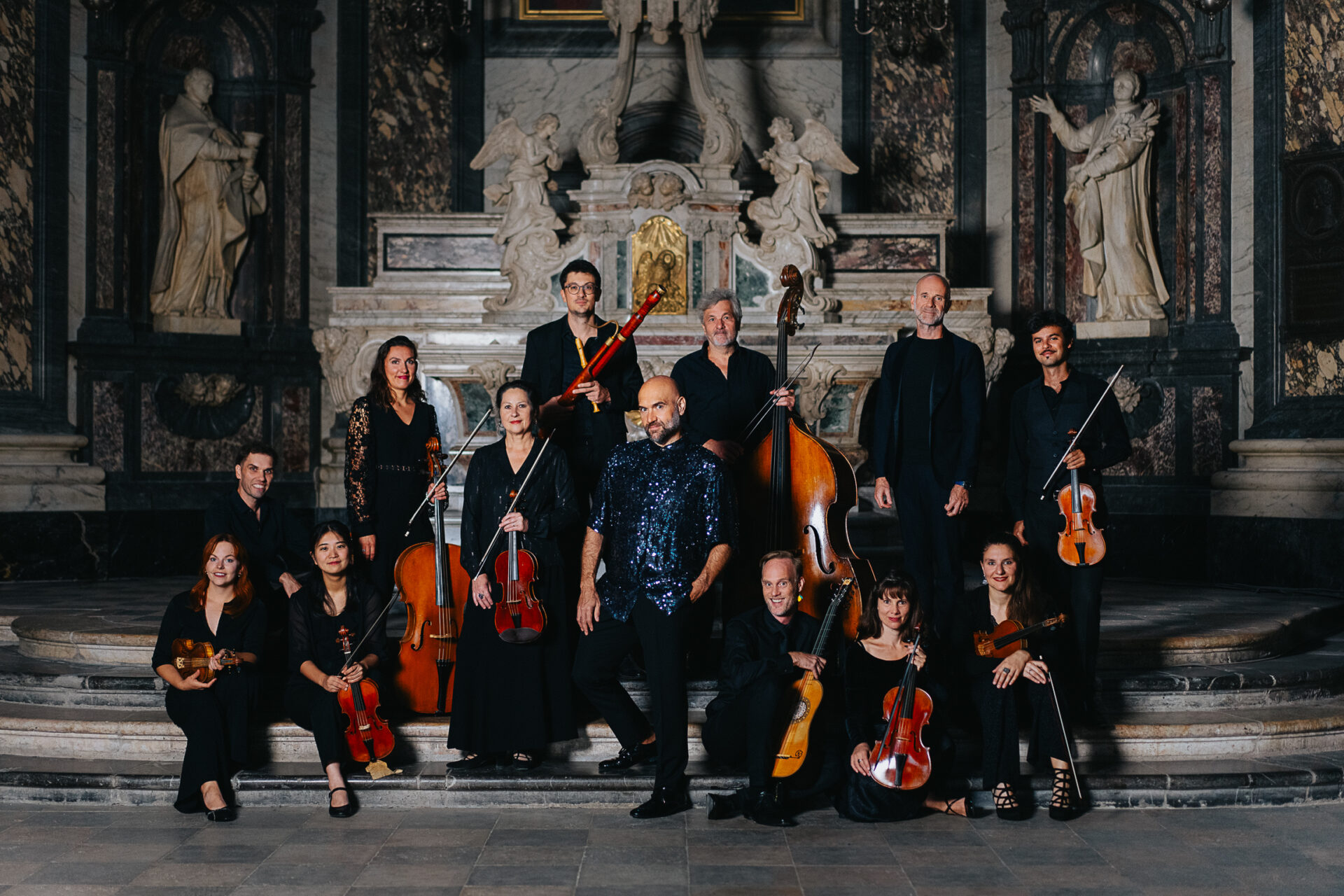
©Julie Cherki
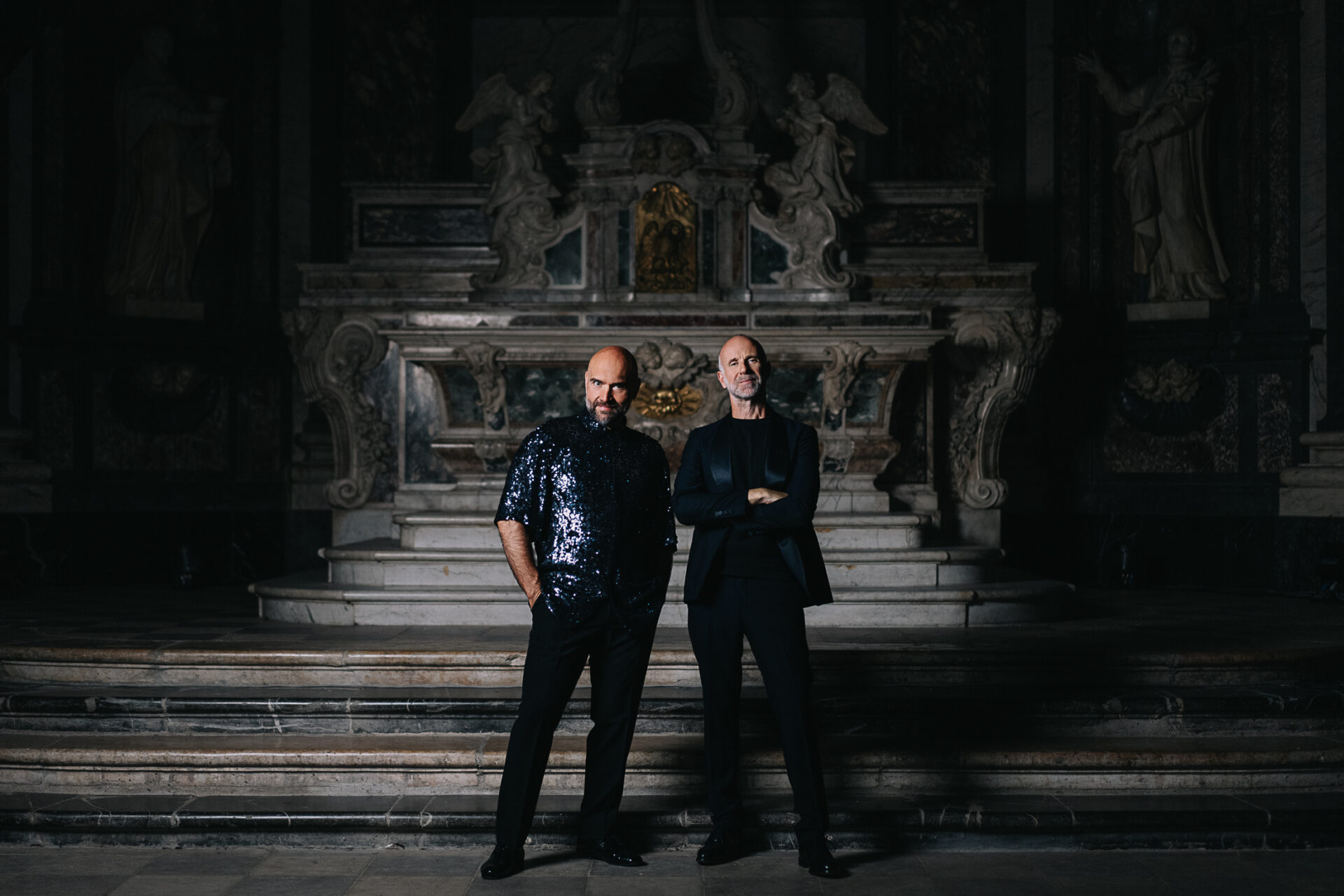
©Julie Cherki
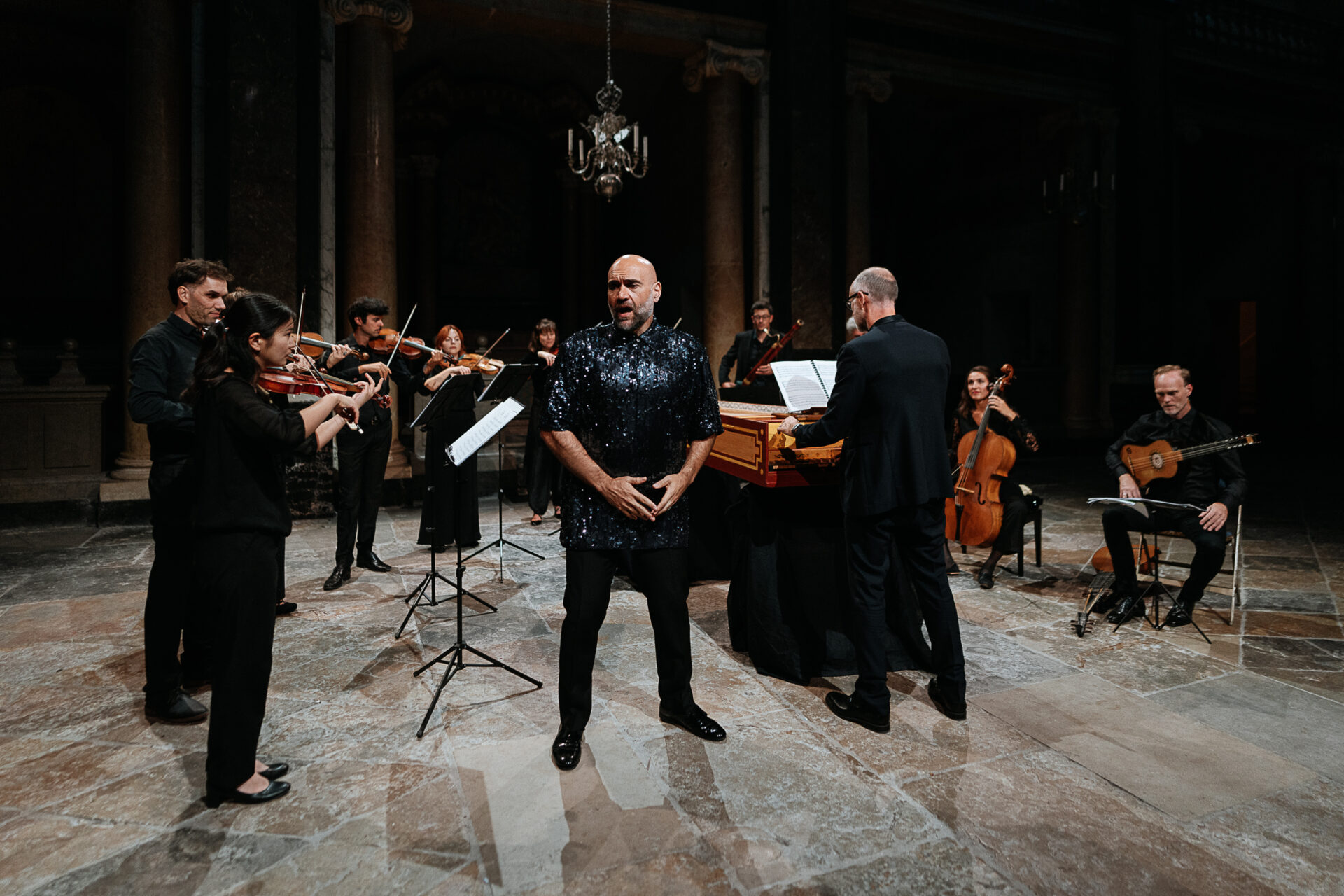
©Julie Cherki
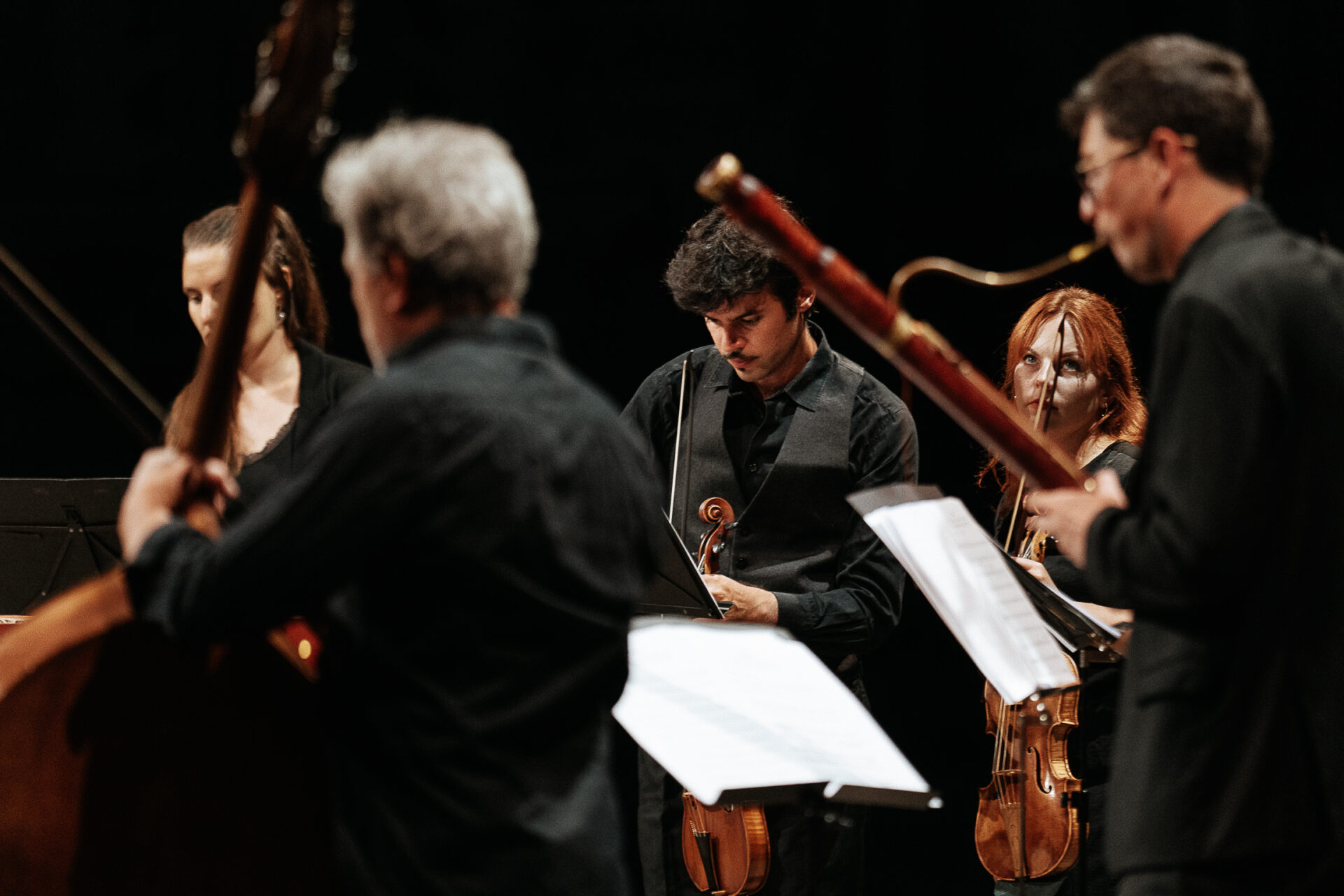
©Julie Cherki
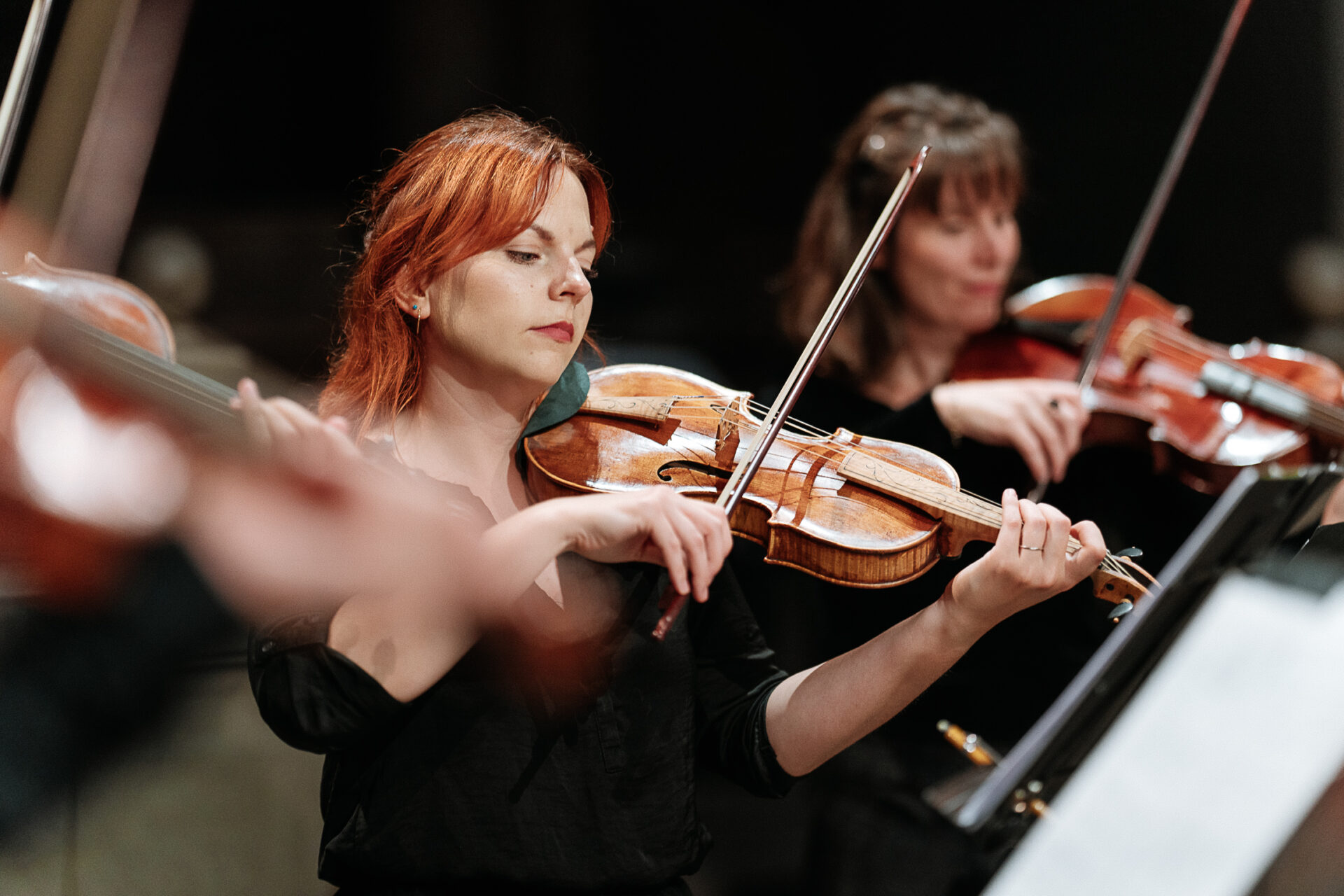
©Julie Cherki
VIDEO

CALENDAR
Tour in Europe and South America: May, June, September 2026


